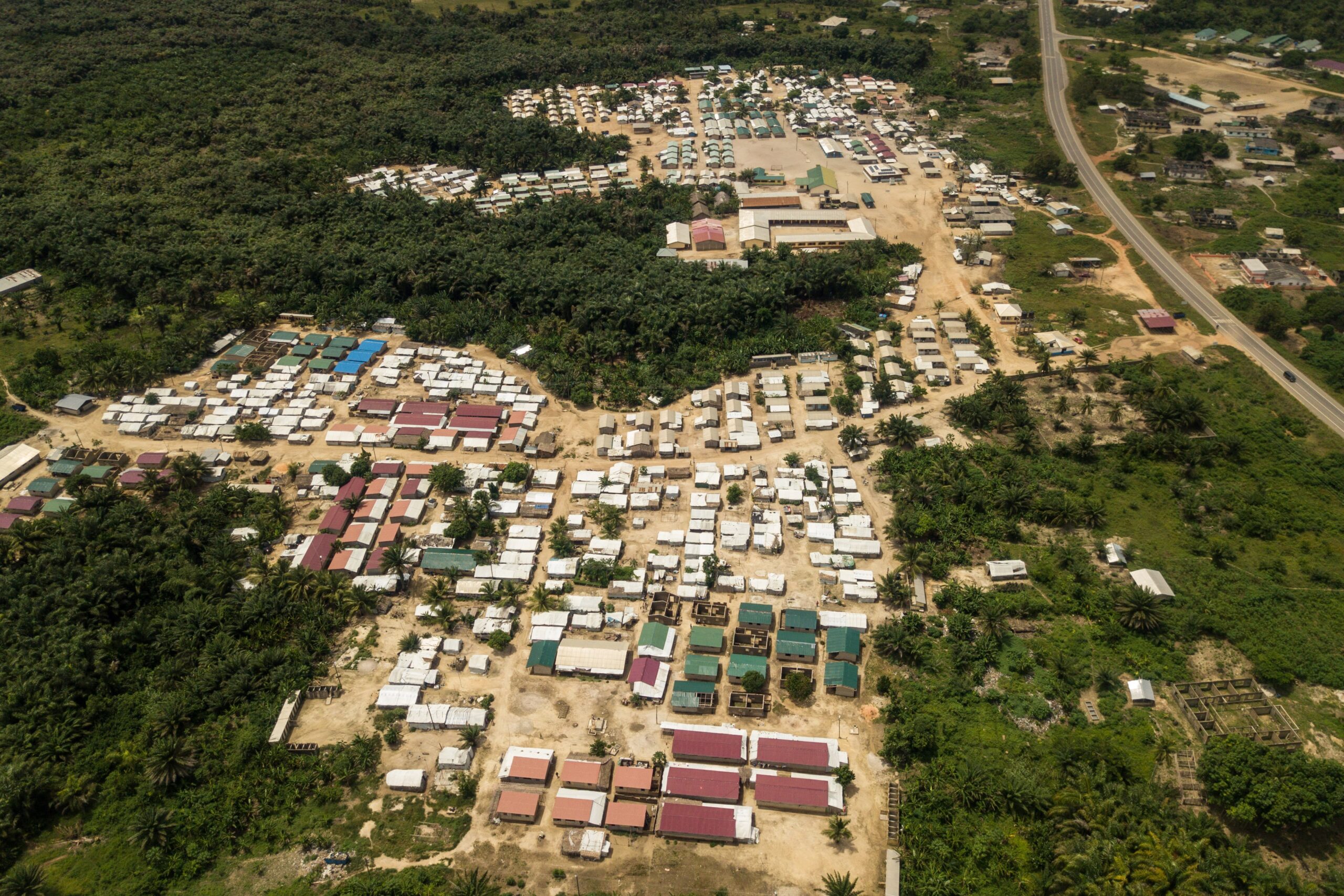
For four successive years, Uganda’s electricity sector has maintained the spot as Africa’s best regulated across several key metrics, according to the African Development Bank’s 2021 Electricity Regulatory Index-ERI. East African neighbors, Kenya and Tanzania, as well as Namibia and Egypt, followed as other strong performers.
The 2021 Electricity Regulatory Index, an annual report, covered 43 countries, up from 36 in the previous edition, and assessed their impact on the performance of their electricity sectors. The index covered 3 countries in the North Africa region; 14 in West Africa; 6 in Central Africa; 7 in East Africa; and 13 in the Southern Africa region.
“The unprecedented participation of so many countries shows the commitment to strengthen the countries’ regulatory environment to improve the performance of the respective electricity sectors,” said Dr. Kevin Kariuki, the African Development Bank’s Vice President for Power, Energy, Climate, and Green Growth.
The African Development Bank Group’s flagship Electricity Regulatory Index for Africa measures the level of development of the regulatory framework for the electricity sector in African countries and the capacity of regulatory authorities against internationally accepted best practices. The ERI is made up of three pillars or sub-indices: the Regulatory Governance Index; the Regulatory Substance Index; and the Regulatory Outcome Index.
Among the 2021 report’s key highlights, regulatory independence is one sub-indicator where African countries have room to improve: in 93% of sampled countries, governments, and stakeholders exercise influence over regulatory authorities. In terms of regulatory substance, participating countries scored lowest on the adequacy of their tariff setting and frameworks, as well as licensing frameworks when compared with best practices.
According to the report, the average performance on economic regulation has continued to decline since 2018. A third of countries surveyed indicated they lack methodologies to determine tariffs; another 40% rely on tariff methodologies that do not include key attributes such as automatic tariff adjustment and tariff indexation mechanisms and schedule for major tariff reviews.
Wale Shonibare, African Development Bank Director for Energy Financial Solutions, Policy and Regulation, commended the top-performing country. “Uganda topping the rankings consecutively for four years comes as no surprise to many, as the regulator spends significant time on consultation and analysis, including regulatory impact assessments of key interventions and follow-through to ensure full implementation,” he said.
The report has also received a positive external commendation. Eng. Abel Didier Tella, Director General of the Association of Power Utilities of Africa, said, “It is interesting that the utilities in most of the top-performing countries in the Electricity Regulatory Index are listed on their national stock exchanges, which requires compliance with transparency in information sharing and good governance practice.”
Since its launch in 2018, the Electricity Regulatory Index has highlighted aspects of electricity regulation that need reform, identified appropriate areas for intervention, and encouraged stakeholders to be proactive in addressing challenges.
Since then, the index has been widely adopted by regulators and other stakeholders across the continent as a benchmark for the regulatory environment as well as for ongoing reforms.
The report’s instrument includes benchmarks based on a continuously growing, proprietary database of utilities and regulators across the African continent. It also tests the actual impact of the regulators’ actions and decisions on the performance of utilities and the power sector in general.
The ERI assesses underlying regulatory factors that impact performance, identifies gaps and outlines a set of interventions for success, and prioritizes the interventions needed to improve regulatory performance.














Leave a Reply